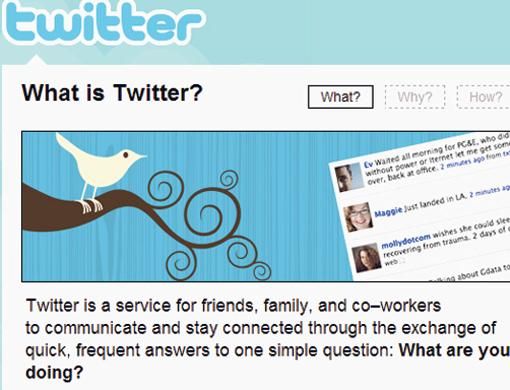New York: When Shaquille O'Neal wanted to set up a Twitter account after someone had impersonated him on the social media network, it was Kathleen Hessert who guided him.
The media strategist warned of one other thing.
"Twitter is immediate and without filters," Hessert said. "There will be an athlete or coach who posts immediately in anger or in haste and gets himself in trouble. That will happen."
Kevin Love, meet Kathleen Hessert.
Love, the former UCLA Bruin who just finished his rookie season with the Minnesota Timberwolves, tweeted the following late Tuesday night:
"Today is a sad day. Kevin McHale will NOT be back as head coach."
This, Love soon learned, was news.
It was all so innocent. McHale had texted Love to tell him before word leaked out.
And Love turned to Twitter. Oops.
In a later tweet, Love almost sounded red-faced: "P.S. I am not a breaking news guy. I had no idea no one knew".
The Timberwolves, who called a news conference on Wednesday to confirm it all, were cool about it.
"I don't want Kevin to feel badly about that," Minnesota vice-president of basketball David Kahn said. "We live in a very different world than all of us grew up in. I don't think it's a big deal."
Twitter is working to be a big deal, though.
It already attracts millions of people who tweet, or write, 140 characters of insightful or inane nuggets that pop up on millions of cell phones and laptops.
And Twitter has turned the sports world inside out with the suddenness of a Kobe Bryant backdoor pass. We know instantly what athletes are thinking, what owners are doing and how coaches are recruiting. More importantly, athletes use Twitter to control the message, if not the medium.
"My fans know what I'm doing," said Lance Armstrong, one of the first big-name athletes to embrace Twitter. "And doping control guys know where to find me. I'm not hiding."
When Armstrong went Twitterless for 12 hours in January, journalists figured out he was on a plane to Australia for the Tour Down Under and several met the flight in Sydney.
At last month's Giro d'Italia, the world's most famous cyclist quit talking to the media one week into the three-week race. Instead, he sent out a dozen or more tweets each day, many with video interviews with fellow riders.
Not long ago, David Stern, the longtime NBA commissioner, took on a serious pose in front of a group of sports editors in New York.
"Our goal has been to be wherever our fans are, and our fans are being amassed in different areas," he said. "We're the biggest tweet league - but not as big as Shaq."
NBA: 735,485 followers.
Shaq: 1,295,250.
It is not only that athletes and coaches and team owners have latched on to Twitter. It is what they are saying that offers a window into how they think.
Tennis player Andy Roddick is into Twitter. He posted, "rumour is that they are thinking of putting the super bowl in london? are u kidding me? whats next? eurocup in detroit? ridiculous".
Roddick has a sense of humour and a sense of the ridiculous and he pays attention to the world outside a tennis court.
Olympic swimmer Dara Torres tweets. "Sitn in car eatn frozen yogurt w/ m&m's and peanut butter chips (kinda defeats purpose of froyo!) b/4 my appearance at Borders in Dallas".
Torres has been on a book tour and it's kind of cool to know a world class athlete will eat junk food like the rest of us on occasion.
But she is not tweeting for fun.
"My sponsors asked me to get on Twitter," Torres said.
"Really, does anyone care what I do?"
Plenty of people seem to care that Shaq "just had a bowl of heart to heart kashi cereal, not bad, on my way bak to shaq 24 hour fitness, 8 pack here I come".
Hessert, the strategist who is president of Sports Media Challenge, said O'Neal and Armstrong have been successful because they have a Twitter strategy.
"Shaq and Lance have specific goals. Twitter won't replace traditional media. It is more a tool to let people know the real you. And the people who succeed are the ones willing to put themselves out there."












